Why Millennials Are Ditching These 15 Beloved Boomer Traditions
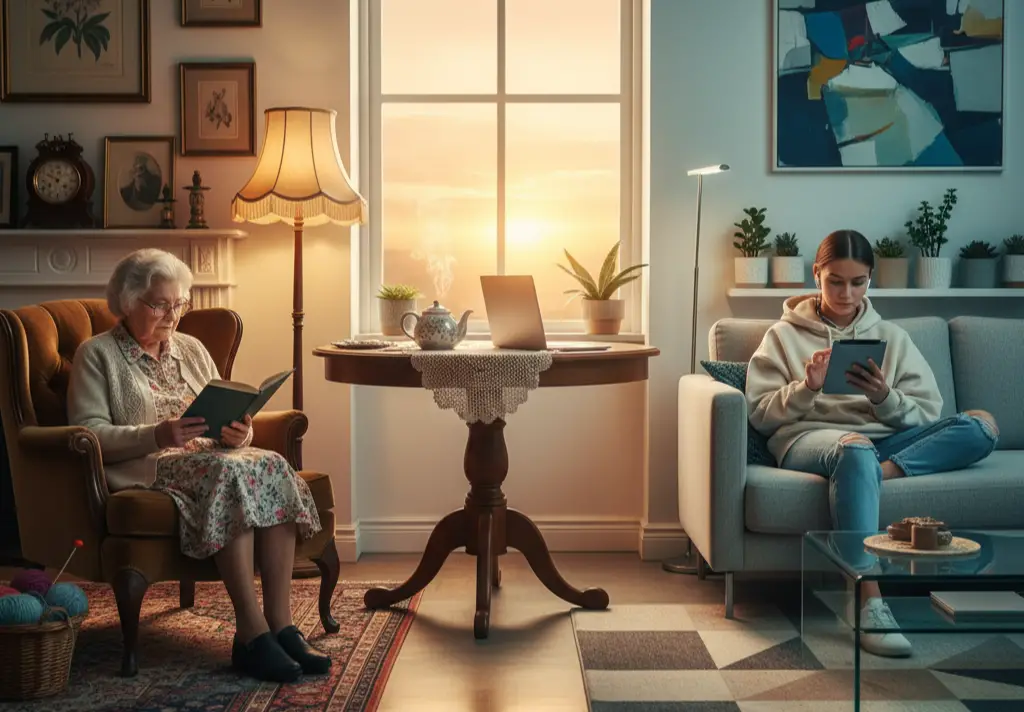
There was a time when shag carpets, landline phones, and a perfectly mowed front lawn were marks of success. But fast forward a few decades, and many of the things Baby Boomers once adored have lost their luster in the eyes of Millennials. These two generations, shaped by entirely different worlds, often see comfort, success, and happiness through very different lenses.
For Boomers, life revolved around stability—owning a home, staying loyal to one company, and taking pride in possessions. For Millennials, it’s about experiences, flexibility, and living intentionally without being weighed down by things that don’t add value. It’s not rebellion—it’s evolution.
Here are 15 things Boomers once loved that Millennials want nothing to do with, and what these shifts say about how our priorities have changed.
1. Landline Phones and Bulky Phone Books

Once the heart of every household, landline phones connected families, friends, and neighbors. Phone books were a household necessity—thick, clunky, and always within reach. Millennials, however, grew up with smartphones, social media, and instant messaging. The idea of dialing from a corded phone or flipping through hundreds of paper pages for a number feels wildly outdated. Everything they need is already in their pocket—and searchable in seconds.
2. Perfectly Manicured Lawns and Massive Yards

For Boomers, a neatly trimmed lawn and white picket fence symbolized success and pride. Saturdays were for mowing, watering, and admiring that flawless green space. Millennials see it differently. They often prefer low-maintenance living, community gardens, or even apartments with shared spaces. The thought of spending hours caring for grass doesn’t appeal to a generation more focused on saving time and enjoying experiences over upkeep.
3. Big, Status-Heavy Cars

Nothing said “you made it” like a shiny Cadillac or Lincoln in the driveway. But while Boomers loved their big sedans and SUVs, Millennials are steering toward practicality. Compact cars, hybrids, and ride-sharing apps make more sense in cities where parking is tight and gas prices soar. To them, a vehicle isn’t a symbol of success—it’s just a tool to get where they need to go.
4. Cable TV and Channel Surfing

Boomers grew up with cable packages, remote controls, and the nightly ritual of flipping through endless channels to find something watchable. Millennials? They cut the cord years ago. Streaming services, YouTube, and social platforms offer on-demand entertainment without commercials or rigid schedules. Why wait for your favorite show to air when you can binge-watch the whole season in a weekend?
5. Saving Everything “Just in Case”
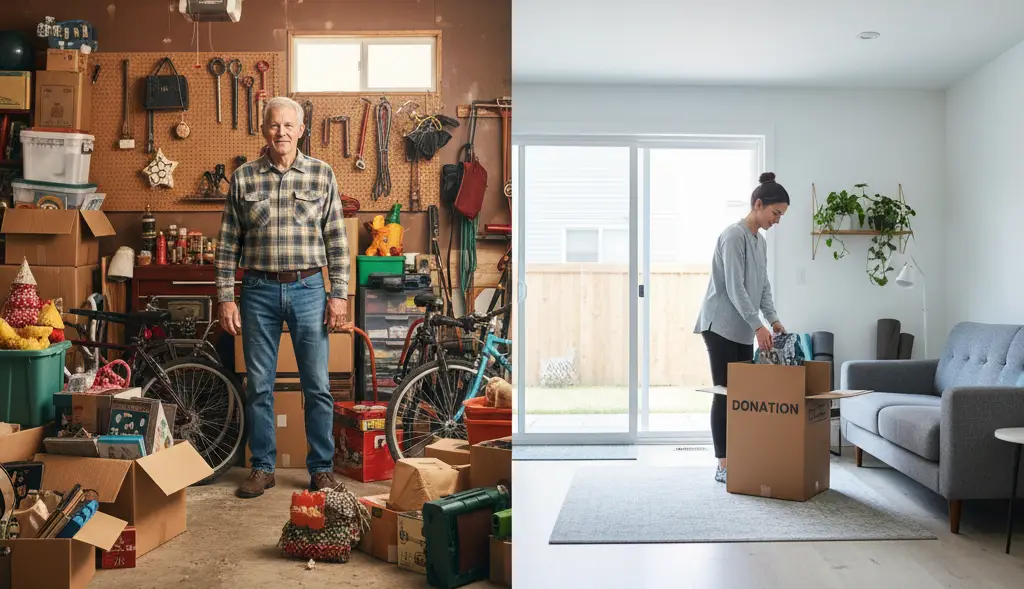
Boomers, raised by Depression-era parents, learned the importance of keeping things—every tool, jar, or piece of furniture might be useful someday. Millennials prefer a more minimalist lifestyle. They’d rather declutter than store “maybes.” Instead of keeping boxes in the garage, they focus on owning less and living more. The “just in case” mentality feels like unnecessary weight in an already fast-paced world.
6. Strict Dress Codes and Office Attire

There was a time when showing up to work without a tie or heels was unthinkable. For Boomers, dressing up meant professionalism. Millennials, shaped by remote work and startup culture, value comfort and authenticity. They’re more likely to show up in jeans and sneakers than a full suit. For them, what you accomplish matters more than what you wear while doing it.
7. Church Every Sunday
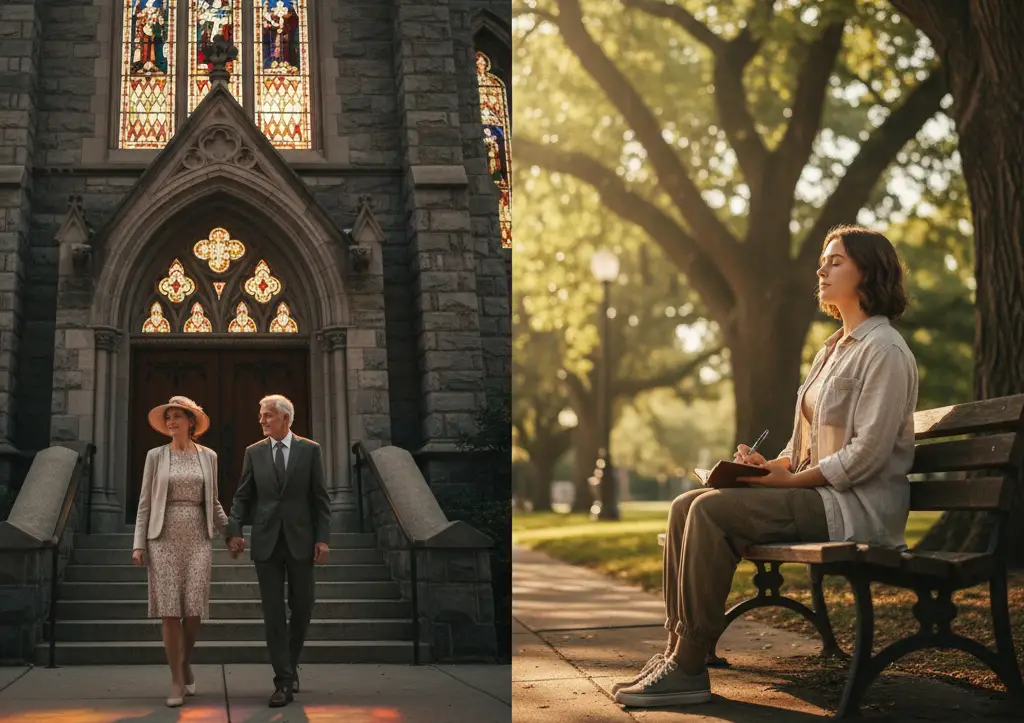
For many Boomers, attending church each week was an essential ritual—a cornerstone of community and faith. Millennials are redefining spirituality. While many still believe in a higher power, they often seek personal or less traditional forms of connection, from mindfulness to online communities. For this generation, spirituality is more about meaning than routine.
8. Elaborate Dinner Parties

Boomers loved hosting formal dinner parties, complete with multi-course meals, fine china, and hours spent in the kitchen. Millennials prefer casual gatherings with pizza, takeout, or potlucks. The goal isn’t to impress—it’s to connect. With busy schedules and smaller homes, simplicity wins every time. For them, good company and easy conversation matter more than perfect table settings.
9. Collecting and Owning Lots of “Stuff”
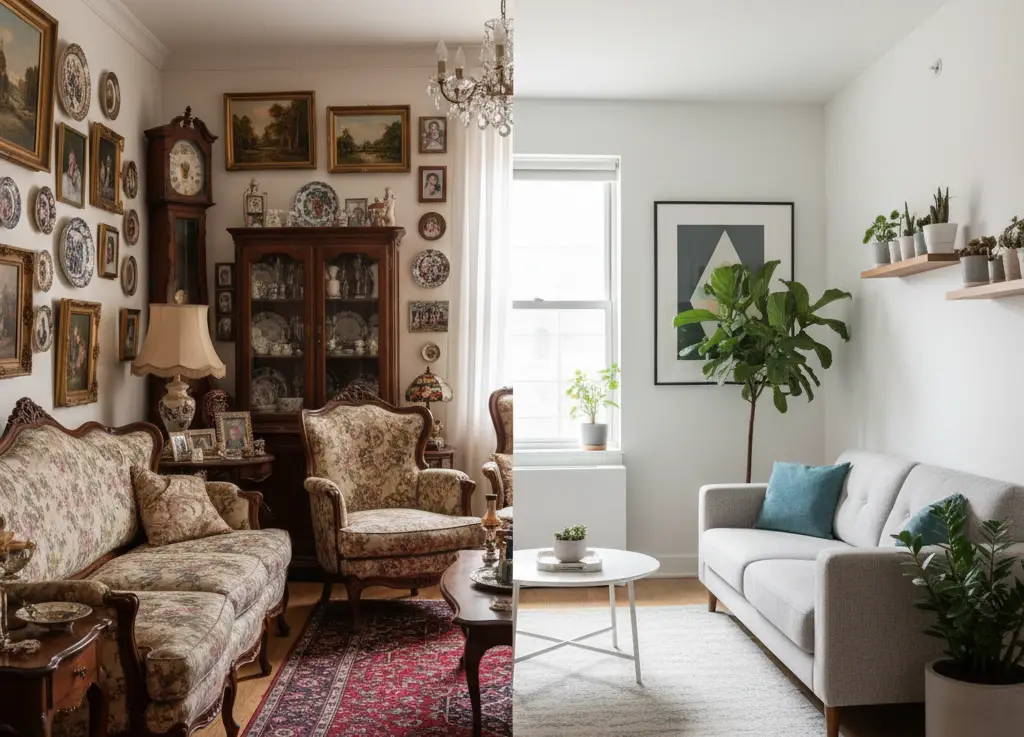
Boomers were proud homeowners who filled their houses with furniture, decorations, and keepsakes. Millennials lean toward decluttering and owning less. The rise of tiny homes, digital storage, and secondhand shopping shows how their priorities differ. Instead of owning more, they value having space—both physically and mentally.
10. Smoking Indoors

It’s hard to imagine now, but smoking indoors—at home, in offices, even on airplanes—was once normal. Millennials grew up with anti-smoking campaigns and health warnings plastered everywhere. They associate smoking with pollution and health risks rather than sophistication. The shift toward cleaner air, wellness, and mindfulness makes indoor smoking a definite no-go.
11. Filing Cabinets and Paper Bills

Boomers had whole systems for storing paper: bills, receipts, bank statements, and even appliance manuals. Millennials prefer digital everything. Online banking, cloud storage, and automatic payments make life simpler—and much more eco-friendly. The idea of a physical filing cabinet now feels like a relic of a slower, less connected world.
12. Driving Everywhere
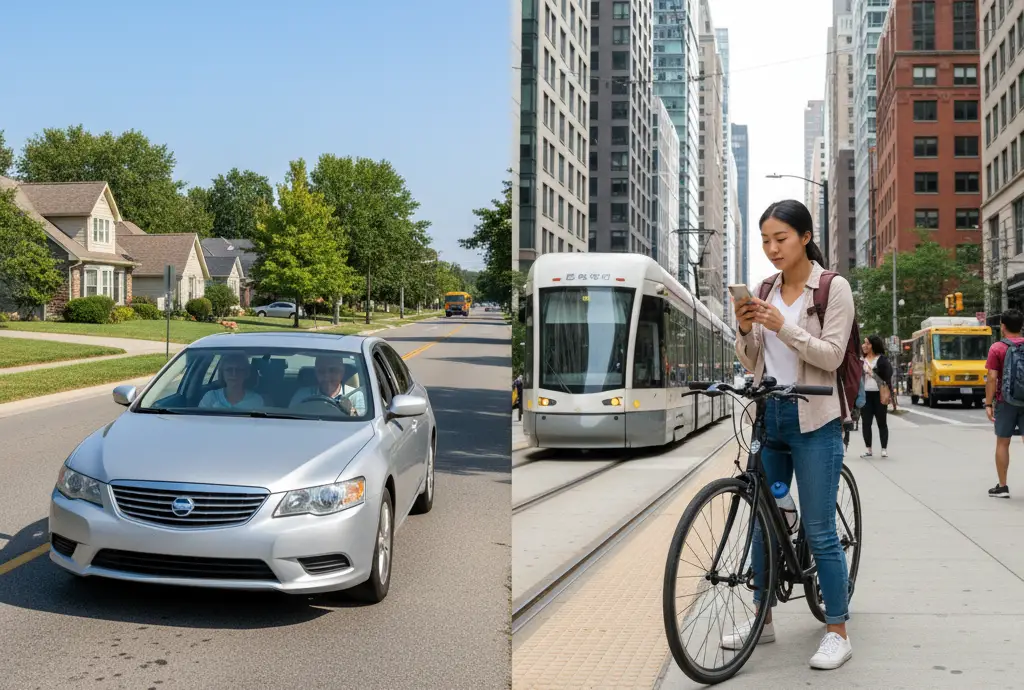
Boomers embraced the open road, with long commutes and multiple family cars being the norm. Millennials see things differently. They’re drawn to walkable cities, biking, public transit, and remote work options. Owning multiple vehicles feels expensive and unnecessary when a single car—or no car at all—can get the job done. The freedom they value most isn’t behind the wheel—it’s in how they use their time.
13. Giant TVs as a Status Symbol

For Boomers, the bigger the TV, the better. It was often the centerpiece of the living room, a source of pride and entertainment. Millennials, however, are content watching their favorite shows on laptops, tablets, or phones. When they do buy TVs, it’s for function—not bragging rights. What matters isn’t the screen size but the streaming service that comes with it.
14. Buying a Home Young and Staying Forever
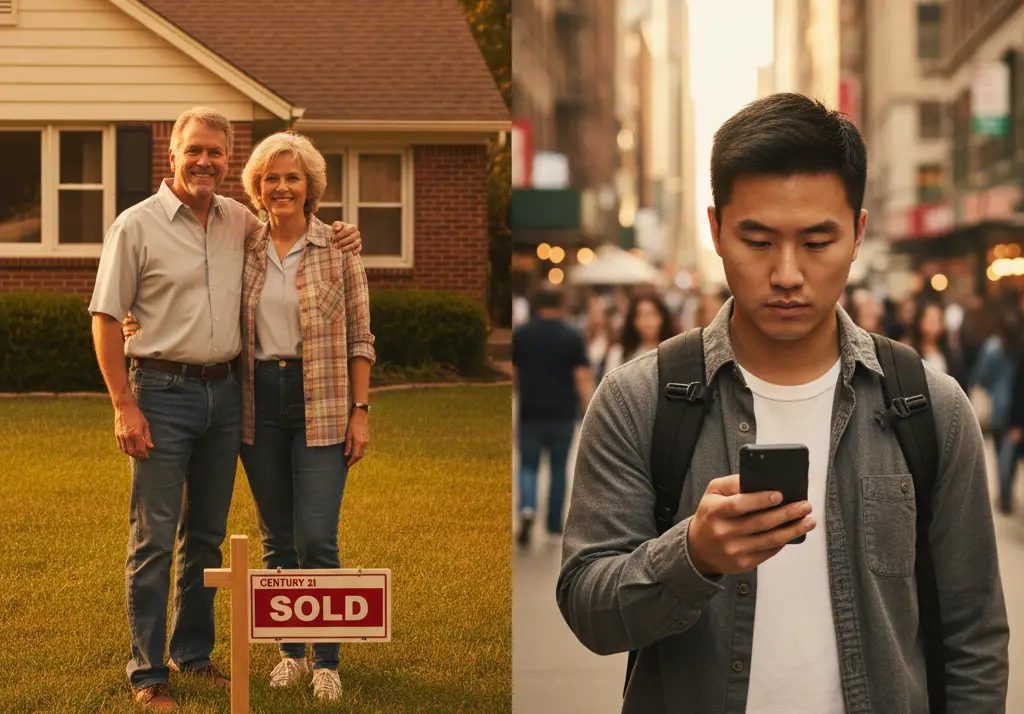
Boomers could often afford to buy a home in their twenties and pay it off before retirement. Millennials face a different reality—skyrocketing prices, student loans, and unstable job markets. Many are renting longer or moving frequently for work opportunities. To them, flexibility matters more than being tied to a 30-year mortgage. Owning a home isn’t out of reach—it’s just no longer the ultimate goal.
15. The Traditional 9-to-5 Office Life

Boomers built careers around stability: one job, one company, one schedule. Millennials crave flexibility. Remote work, side hustles, and entrepreneurship have redefined what success looks like. The daily commute and fluorescent-lit office cubicle are being replaced with laptops, coffee shops, and home offices. Work-life balance isn’t just a dream—it’s a priority.
Final Thoughts
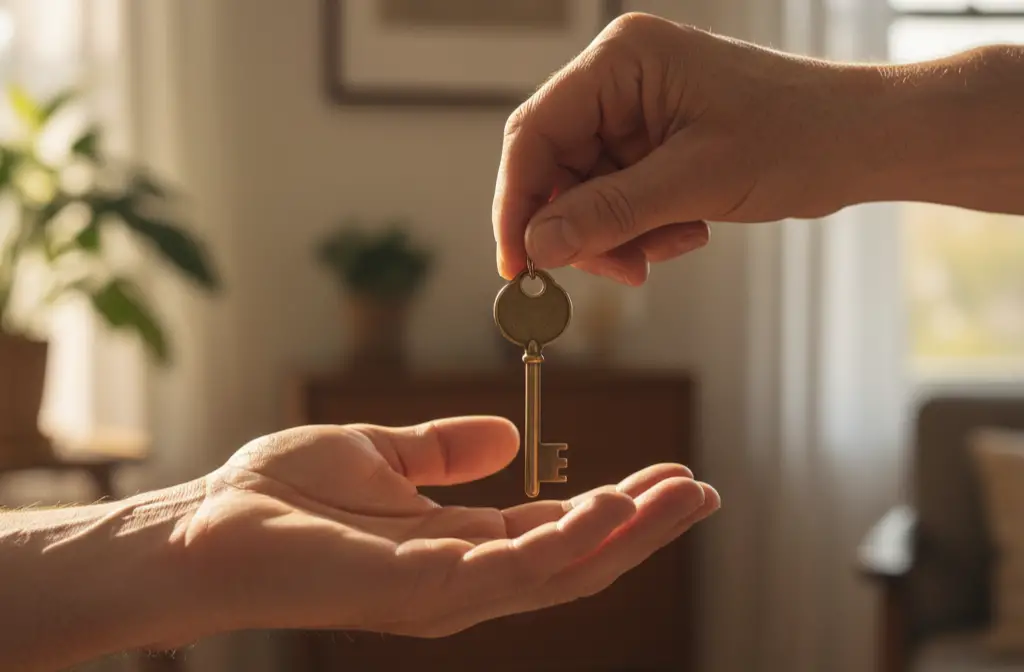
Generational shifts aren’t about one group being right and another being wrong—they’re about how times change and people adapt. Boomers came of age during an era of growth and prosperity, where hard work and ownership symbolized success. Millennials grew up in a world of rapid technology, student debt, and global uncertainty. Naturally, their priorities evolved.
What once represented security for Boomers—homes, cars, full closets—can feel like burdens to Millennials seeking freedom and flexibility. Yet, there’s something valuable in both approaches. Boomers taught the importance of resilience and discipline, while Millennials remind us to embrace adaptability and purpose.
At the end of the day, every generation learns from the last and shapes the next. Whether you’re proudly holding onto your landline or thriving with nothing but a smartphone, one thing’s for sure: change is constant, and each era brings something worth keeping.
Leave a Reply